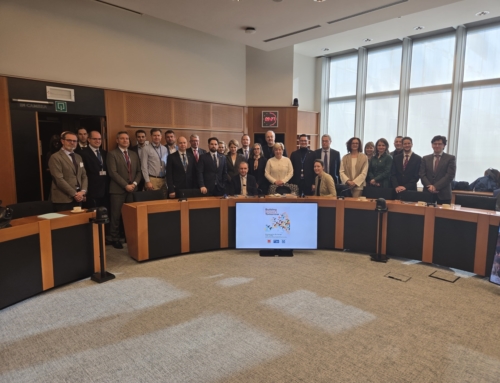FAFCE is happy to publish its 2019 Family Policy Report, which provides an overview of family policies in selected EU Member-States, in the perspective of the implementation of the EU Directive on work-life balance for parents and carers. The Report focuses on three main topics: parental leave, flexible working arrangements and the care for children, older people and people with disabilities. With the introduction of the Work-life balance Directive, European parents will enjoy by 2022 4 months of maternity leave, 10 working days of paid paternity leave and the possibility for carers to take 5 working days per year. Yet family policies continue to greatly vary between EU Member-States, as highlighted in the Report by the presentation of the situations in Czech Republic, Finland, France, Germany, Hungary, Ireland, Italy, Poland, Portugal, Spain, Sweden and the United Kingdom (EU Member-State until 31 January 2020).
Overall, while family-friendly legislations are being progressively voted and implemented, the situation still need to be improved on the EU level:
- 34 % of women and 23 % of men are ineligible for parental leave, targeting especially unemployed parents;
- Half of parents are constrained to come back to work full-time with no flexible working arrangements or to give up their professional activity. 60% of mothers and 88% of fathers in a couple work full-time;
- 38 % of women and 25 % of men in the UE take care of children, grandchildren, older people and/or people with disabilities every day for 1 hour or more. Half of them have a paid job and have to combine care’s and work duties.
FAFCE thanks the European Christian Political Movement (ECPM) for publishing this report.







